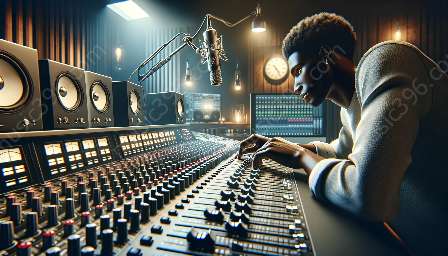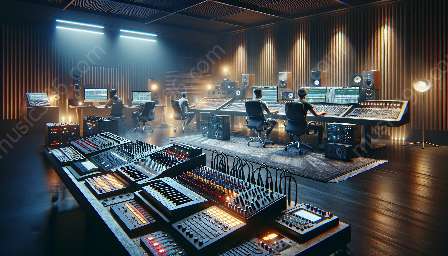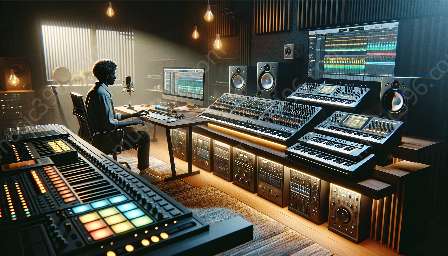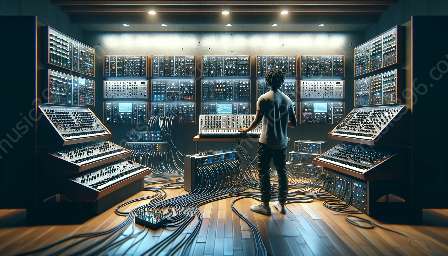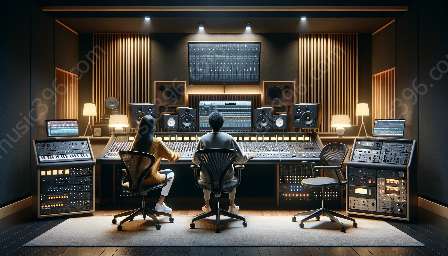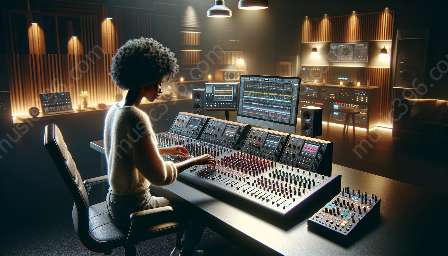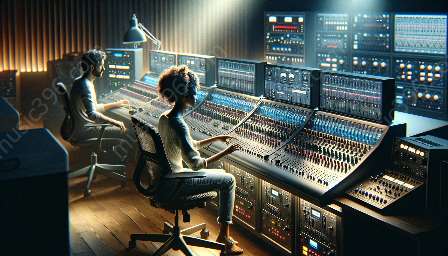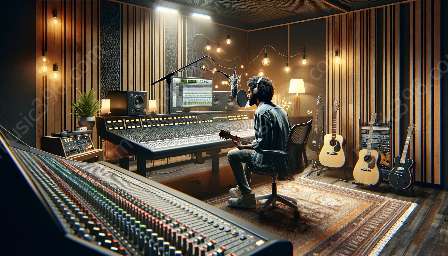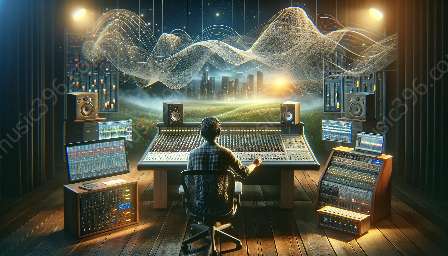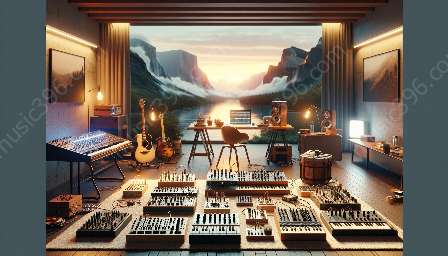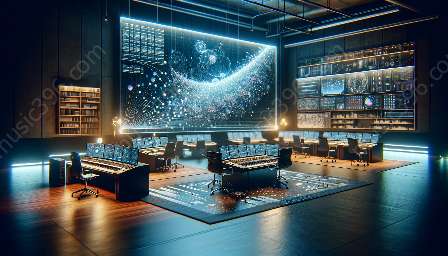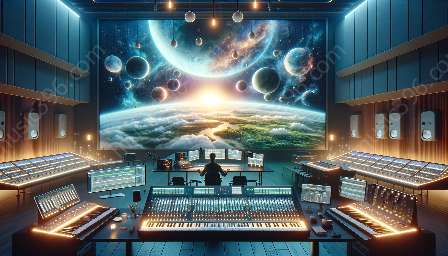Algorithmically composed music has emerged as a fascinating intersection of art, technology, and psychology. This content explores the impact of algorithmic composition on the listener's psyche, the creative process, and the overall musical experience.
Understanding Algorithmic Composition
Before delving into the psychological effects of algorithmically composed music, it's essential to grasp the concept of algorithmic composition itself. At its core, algorithmic composition involves the use of algorithms, rules, and processes to create musical structures and compositions. This approach allows for the generation of music through computational means, often resulting in pieces that may not have been conceived using traditional manual methods.
Algorithmic composition leverages technology to explore new sonic landscapes and push the boundaries of creativity. As such, it opens up a myriad of possibilities for musicians, composers, and listeners alike.
The Impact on Emotions and Perception
One of the most intriguing aspects of algorithmically composed music is its potential to evoke unique emotional responses and alter the listener's perception. Unlike conventionally composed music, algorithmically generated pieces may exhibit patterns and structures that deviate from traditional harmonic and melodic frameworks.
Research in the field of music psychology suggests that exposure to novel musical patterns can lead to heightened emotional engagement and cognitive stimulation. As a result, algorithmically composed music has the potential to elicit powerful emotional experiences that transcend the familiar.
Enhancing Creativity and Inspiration
For composers and musicians, algorithmic composition serves as a wellspring of inspiration and creative exploration. By leveraging algorithms and generative processes, artists can break free from established compositional conventions and embrace a more experimental approach to music creation.
Moreover, algorithmically composed music has the capacity to stimulate unconventional ideas and catalyze innovative artistic expressions. This infusion of fresh perspectives can invigorate the creative process, offering new avenues for musical experimentation and growth.
Engaging the Cognitive Faculties
From a cognitive standpoint, algorithmically composed music challenges the listener's perceptual faculties and cognitive processing. The introduction of non-traditional musical elements and structures can provoke a heightened sense of cognitive engagement, stimulating the brain in novel ways.
Furthermore, algorithmic composition presents an opportunity for individuals to expand their musical horizons and develop a deeper understanding of complex musical constructs, thereby fostering cognitive enrichment and musical appreciation.
Blending Technology and Artistry
The fusion of technology and artistry in algorithmically composed music is a testament to the evolving landscape of music creation. This amalgamation propels the boundaries of what is musically achievable, transcending the constraints of traditional composition while integrating the capabilities of modern music technology.
By harnessing the power of algorithms and computational processes, musicians can not only personalize their artistic vision, but also craft immersive sonic experiences that captivate and stimulate the listener's imagination.
The Future of Musical Expression
As algorithmic composition continues to evolve and permeate the realm of music creation, it presents a promising glimpse into the future of musical expression. The symbiosis of technology and human ingenuity underpins the potential for algorithmically composed music to redefine the artistic landscape, offering new dimensions of emotional resonance and creative exploration.
Ultimately, the psychological effects of algorithmically composed music underscore the transformative power of technology in shaping the emotional, cognitive, and creative dimensions of musical experiences.

